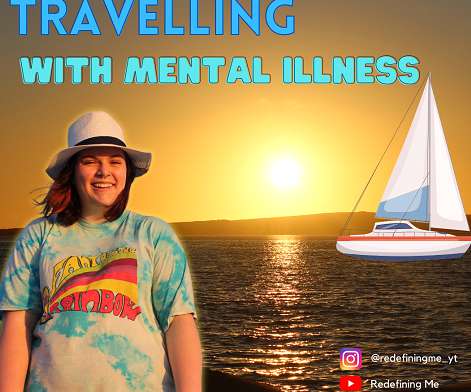NASW Member Voices: ADHD and Mindfulness
Social Work Blog
FEBRUARY 17, 2023
Social workers use mindfulness for clients with ADHD Cognitive behavioral therapy (CBT) and dialectical behavioral therapy (DBT) are evidence-based treatments that focus on cognition and the mind-body connection. Bertin explains that social workers use elements of DBT that seem to be especially effective in helping clients with ADHD.












Let's personalize your content